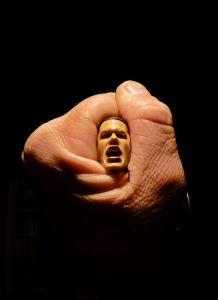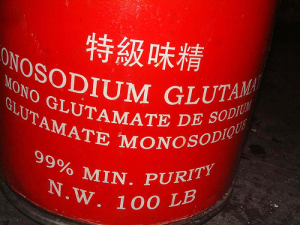 We go through stress because it’s a natural part of our day-to-day life. Most of us get stressed out over our jobs, our families and also with regards to money and economy. The housing market can get really stressful too. When we do get stressed, we naturally react physically. We notice our heart rate gets to pump faster than usual, our blood pressure goes up, our body temperature, breathing, and muscle contractions change too. Our way of dealing with stressful situation differ from one person to another and those who can’t deal with this level of tension will eventually end up feeling exhausted both mentally and physically.
We go through stress because it’s a natural part of our day-to-day life. Most of us get stressed out over our jobs, our families and also with regards to money and economy. The housing market can get really stressful too. When we do get stressed, we naturally react physically. We notice our heart rate gets to pump faster than usual, our blood pressure goes up, our body temperature, breathing, and muscle contractions change too. Our way of dealing with stressful situation differ from one person to another and those who can’t deal with this level of tension will eventually end up feeling exhausted both mentally and physically.
We think that stressful lifestyle is just a normal day to day function for our body, but it is in fact affecting not only our physical body but also affects our mental and emotional well being. The term stress was first used back in the 30’s as a term used for the condition when stimulus is caused by a stressor. It was an endocrinologist named Hans Selye who noticed the different physical response on animals and humans when demands were placed on them. We notice the signs of tension and we can feel it too. It can present itself through our behavior, emotions or through physical and cognitive symptoms. That means when we get stressed our attitude and demeanor changes. Also, because it affects our emotions and behavior we get to feel anxious or worried or become moody and irritable, easily agitated, can’t relax, feeling lonely, has a poor sense of judgment and eventually have a negative outlook to the situation and in life. Also, we feel isolated or depressed and can’t concentrate well even if we try hard to focus. Not only do we experience all these but we also suffer from the physical symptoms such as faster breathing, faster heart rate, high blood pressure, cholesterol, energy and we also sweat a lot.
When you feel stressed, you may notice that you also eventually feel some pains and aches from different parts of the body. Diarrhea or constipation may also be present. Chest pain, an upset stomach, vomiting and dizziness as well as headache may also be experienced by a person who is high under pressure. If we feel stressed and can’t cope up with it and it continues to lurk its head on our everyday lives then it is called as chronic stress. This could lead to a long-term damage both to the physical and psychological aspects of a person. The immune system gets affected and we become more prone to catching diseases and infections. Stressful environment also promotes the buildup of the visceral fat that eventually leads to obesity. Other diseases such as heart problems, ulcers, cancer, psoriasis, diabetes and also depression could be the cause of increased physical and mental load in your life.. As for little kids, their growth is stunted as a result of chronic day-to-day stress.
According to Hans Selye there are two types of stress: the good stress and bad stress. Eustress is good and distress is bad. Eustress is experienced when we get married, exercising or getting promoted. Whether it is good or bad, according to Selye, it is still stress. The difference between a person’s perceptions of stress whether it is good or bad depends on his/her personal experiences, expectations and way to cope with it.
We adapt differently to stress as some people are having harder time dealing and coping with the same stressor as another person. GAS or the General Adaptation Syndrome describes how our body reacts to stress. Depending on the length of time and intensity you can determine whether the person is suffering from acute or chronic stress. At the first sign of stress, our body reacts in a fight or flight response. Second stage is the coping stage. At this stage the body tries to cope up with the stressor and eventually depletes our resources such as proteins, nutrients, vitamins and amino acids. Once it gets all depleted then we proceed to the third stage which is exhaustion. This is when we feel fatigued, weak and can’t concentrate. If we stay in this stage for long-periods then it eventually affects our overall health and we get sick with all sorts of diseases. Stress management helps people by learning the techniques to handle the day to day stressors. This way you prevent chronic stress and you’ll feel happier and healthier.
Please Post a comment or share your thoughts through Facebook, Twitter or comment section below to join the conversation.


